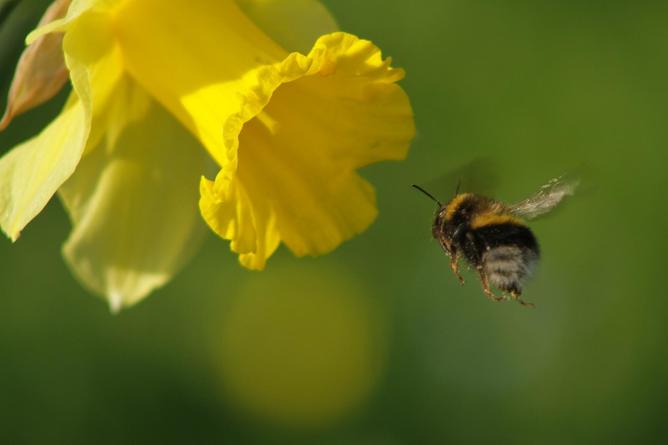It is now up to Vermont Governor Phil Scott to stop this “pollinator protection bill”, which will actually do the opposite. Politicization of science doesn't need evidence-based thinking so Vermont Democrats are claiming corn – Vermont’s largest vegetable crop – is a threat to bees.
Except scientists have told them repeatedly corn is pollinated by wind. It is not a food source for bees, any contact with bees is incidental and since neonicotinoids are seed treatments, not mass spray chemicals like organic-certified copper sulfate, they can't be harmful to any pest that isn't trying to eat them when plants are tiny. Which means not bees.

Neonicotinoids were specifically derived from natural pest protection to be safer for plants, animals, and the environment. Vermont’s neonicotinoid ban would force farmers to rely on older and much more environmentally harsh pyrethroid and organophosphate insecticides to protect their crops. One pound of neonicotinoids safely replaces so much old goop that reverting back would require a toxic chemical increase of 375%.
That is why Vermont scientists, farmer, and regulatory agencies say the ban would do far more harm and achieve no good.
Bees themselves agree. While beehives are up worldwide by 26% in just the last 10 years, Vermont has far surpassed that using 'neonics' - their bees are up 43%. Tests for chemicals in hives find neonics are barely present at all, while actual bee killers such as thymol and a 1950s organophosphate insecticide like organic coumaphos are far more prevalent.
The top three killers of bees are varroa mites, varroa mites, and varroa mites. Unless a bee falls into a vat of neonics and drowns, they are not dying from corn chemicals.
Vermont loves to claim it shows leadership by putting warning labels on things like GMOs, but denial of science is not the leadership that Governor Scott should enable.




Comments